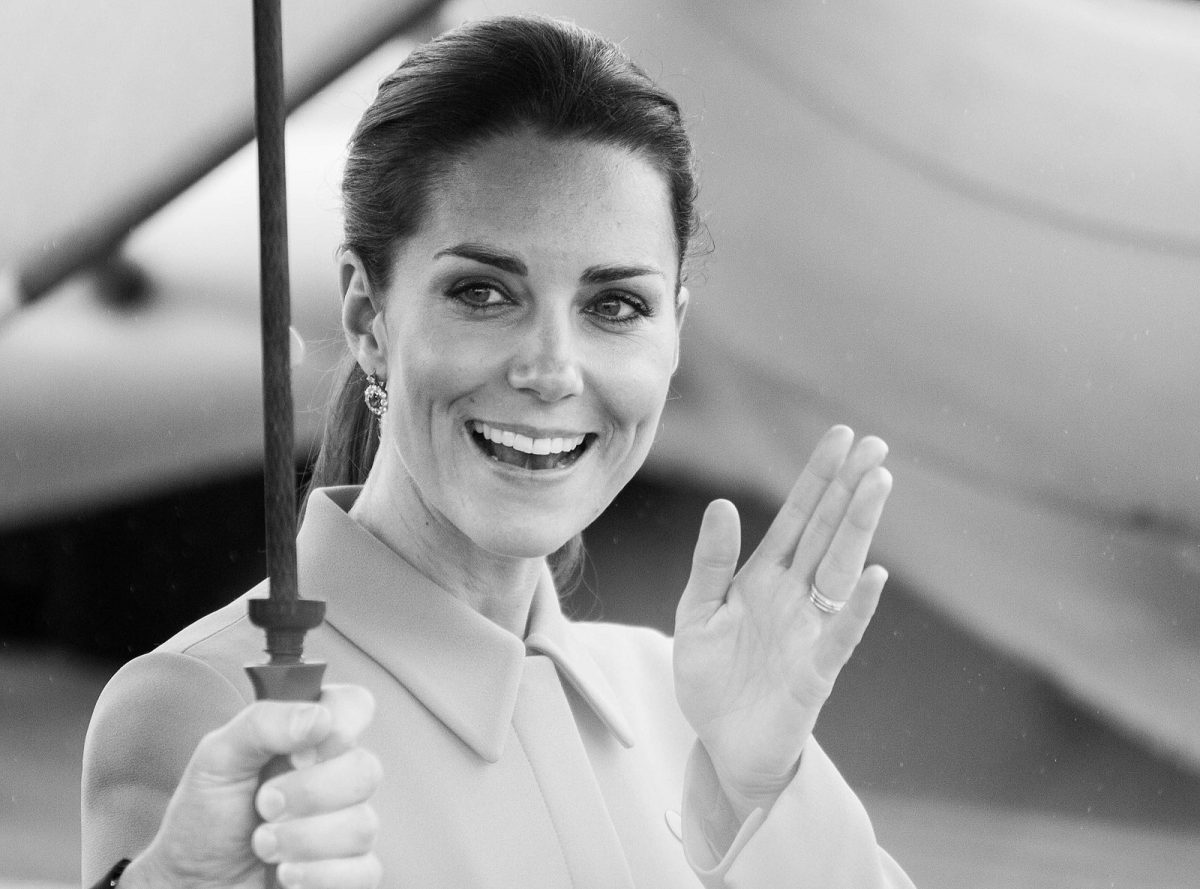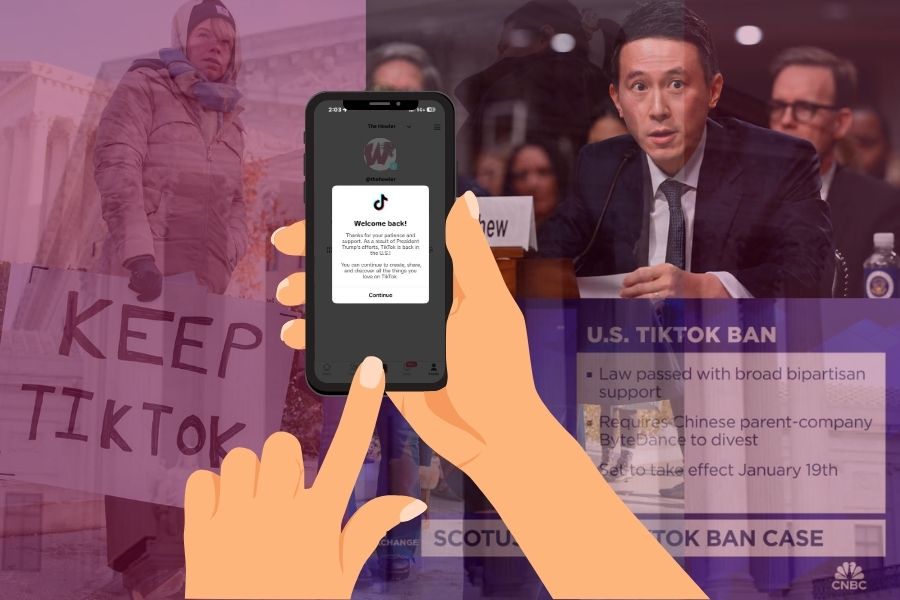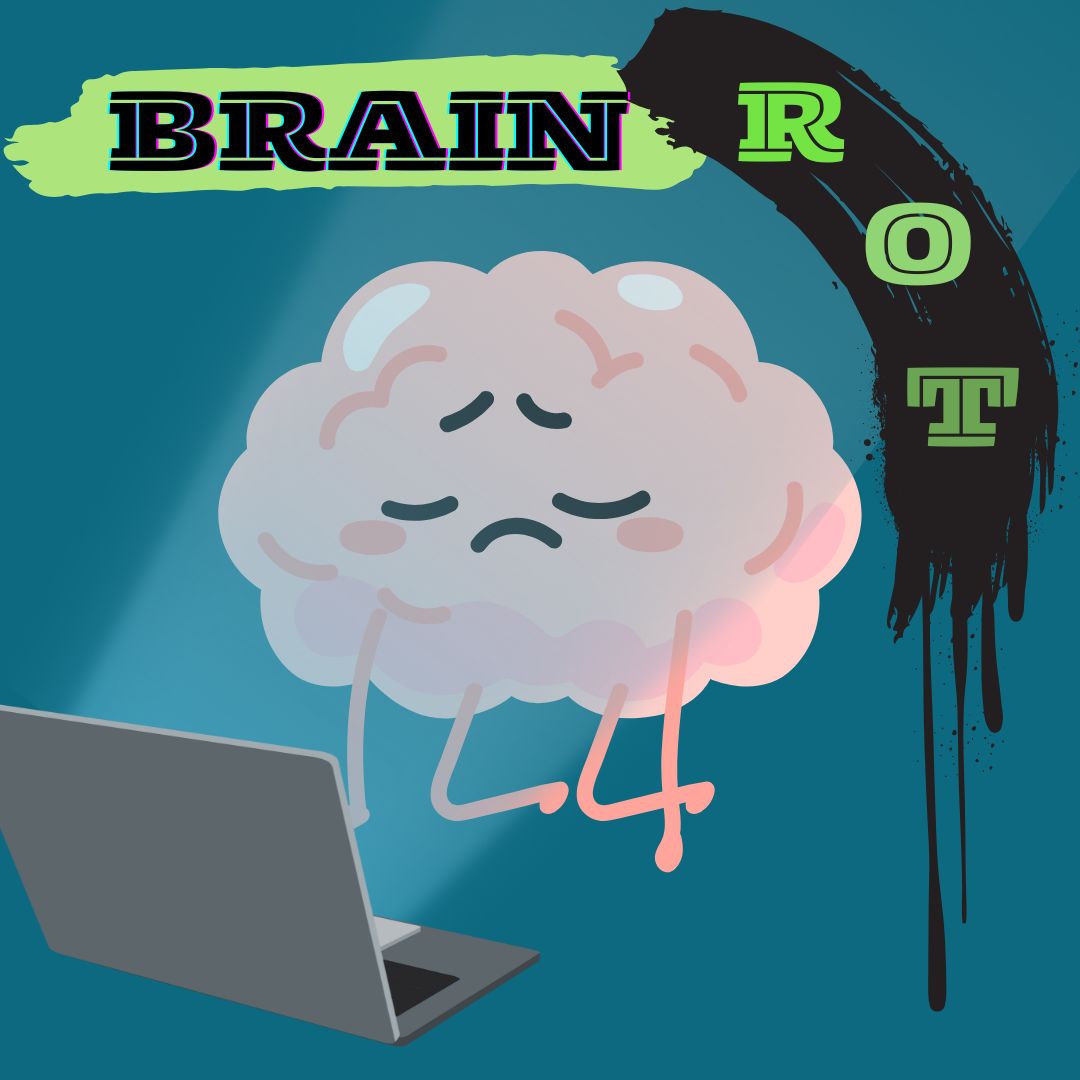Around late-January, my mom, who, until this moment, had never expressed any sort of interest in the royal family, asked me what I thought happened to Kate Middleton. Huh? I replied. I didn’t even know she was missing?
She proceeded to give me a run down of the situation: Catherine, Princess of Wales, more prominently known as Kate Middleton to us Americans, had not been seen since Christmas Day. On Jan. 17, Kensington Palace announced that Middleton had undergone a (previously scheduled) major abdominal surgery, and that the icon would return to her royal duties after Easter.
This comment sparked a series of “X” conspiracy theories. Some claimed Middleton was in a coma, while others claimed that she had passed away and that the royal palace was covering it up. Few and far between were the lonesome accounts coming to the princess’ defense: claiming that the royal’s had a right to privacy just like we do. Whatever Middleton was going through was clearly her personal issue and the palace’s silence on the matter was an obvious indication that she did not want to share information about such a personal matter with the public.
Alas, after much speculation, Kensington Palace released a video on March 22 from Middleton herself, confirming that she had undergone major abdominal surgery to remove a malignant tumor, validating the longstead rumors that the princess has cancer.
On X, a wave of support came for Middleton, with many citing that the media was wrong for fueling conspiracy theories and prying into Middleton’s personal life. But, are they? Middleton is a public figure and, as a member of the most prominent and prevalent royal family on the planet, she is a public figure of the highest caliber. Many claimed that it was within their right to speculate about Middleton’s whereabouts, while others claimed that it was not.
Public figures, by virtue of their status and visibility, often find themselves living their lives under constant scrutiny. On one hand, the public often feels entitled to know about the personal lives of public figures; they are viewed as role models and influencers, and their actions and behaviors can have a significant impact on society.
But alas, public figures are still humans, and have a right to privacy. They are entitled to their personal space, relationships and moments not under the public eye. Just because they are in the public eye does not mean that every aspect of these figures’ lives should be up for public debate or entertainment.
So, while Middleton is undoubtedly one of the most public figures in the world, she is a human, and does have a right to privacy. Her choice to keep her cancer treatment on the down low was undoubtedly a decision made with thought, care and empathy for her children.











Lana • May 21, 2024 at 9:58 pm
Emily! This article was so beautifully articulated! I love the way you wrote it; it showed how passionate you are about this topic. This yanked me in from the first moment I read it (especially because of the lede)! Incredible work!